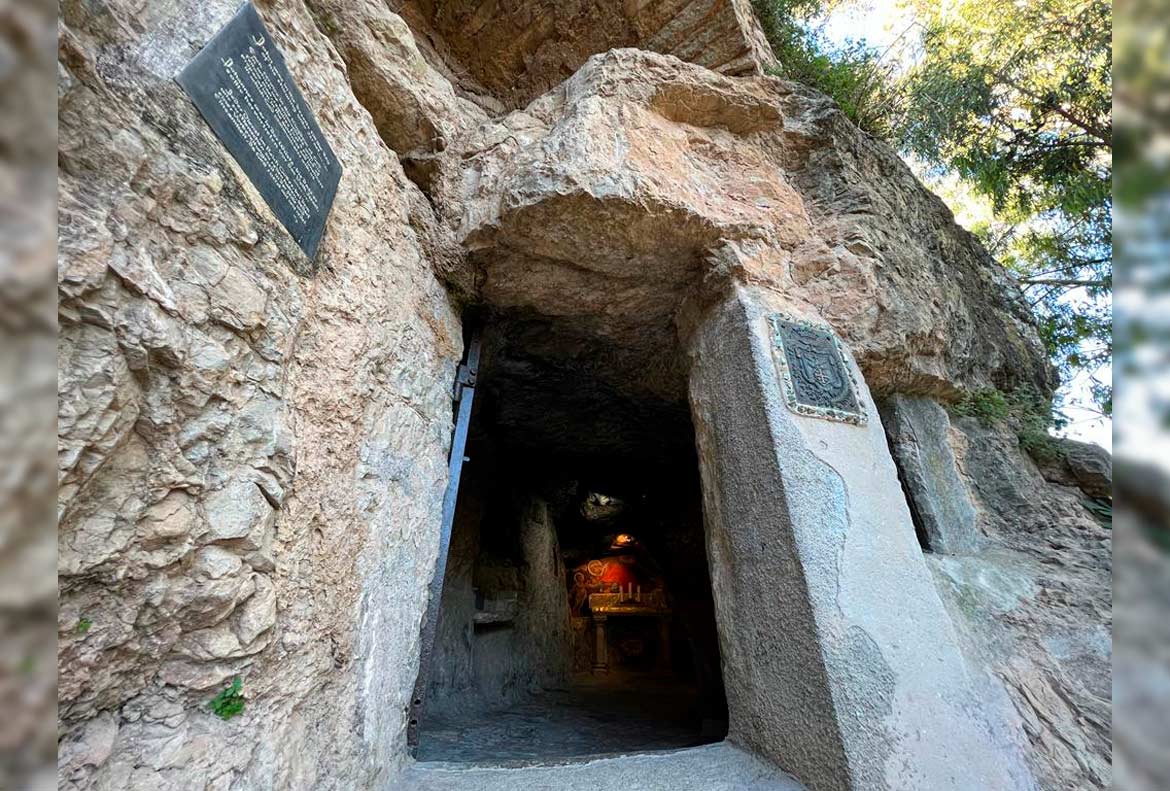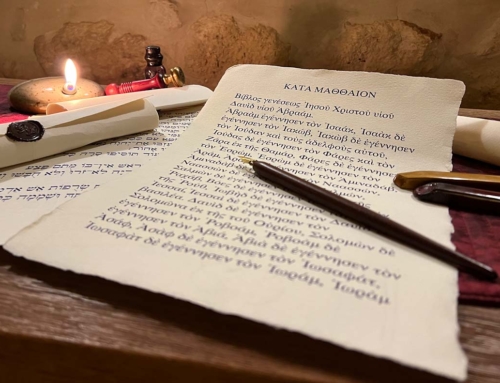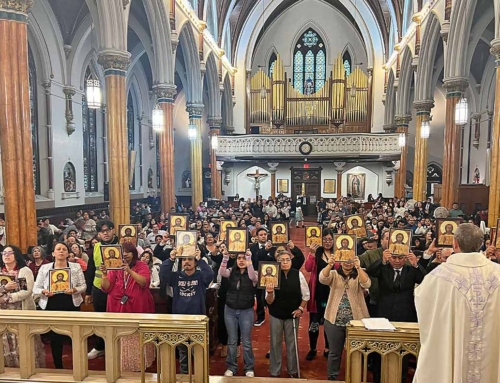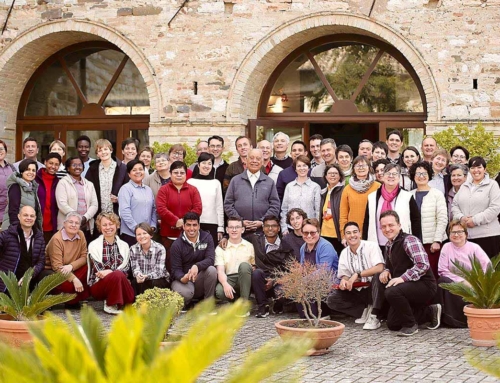Reading the Gospel passages that speak of John the Baptist gives spontaneous rise to a question: how did he manage to attract large crowds from across the territory of Israel, even to the point of him being confused with being the Messiah himself? It certainly wasn’t because of his appearance, which was neither groomed or elegant. Neither was it due to his lifestyle, which was very sober and ascetic. His ways of interacting, then, were somewhat rude: “You brood of vipers!” (Lk 3:7). So, what then was his ‘secret’? We discover it by looking at some of his existential characteristics, concerning his life. Let’s begin with his parents: they became parents at an old age, faithful to the God of Israel. Zechariah was a priest, but he hadn’t seen miracles. On the contrary, he hadn’t even experienced what was natural for his neighbours: having a child, having a son. Elizabeth was sterile, and lived that situation with shame, keeping it hidden. Suddenly, however, God broke his silence: “Your prayer has been heard” (Lk 1:13). In continuity with other previous episodes narrated in the Bible, God in His Providence gives the couple a son. So, supernaturality is the first characteristic of John, which marks his existence from the very moment of his conception.
Their neighbours and relatives take it for granted that the newborn will be given his father’s name, as was customary. However, in the astonishment, Elizabeth announces to those present that the child’s name was to be John, as revealed by the angel to Zechariah. By doing this, the couple breaks a long-established tradition, and creates a stir among relations and neighbours alike. As Jesus says, many traditions and customs are human precepts, not given by God (Mk 7:13), which risk becoming useless devices that prevent any change. The same Greek verb used to signify the passing down of tradition (paradìdomi) is used again when Jesus is handed over for judgement, as if the same corrupted ‘tradition’ somehow favoured the Lord being condemned to death! On the contrary, authentic tradition comes from a known and certain Author: God Himself, the One that chose John’s name. In this we find John’s second characteristic: authenticity.
When we speak of mission, we spontaneously think of activity, of ‘doing something’. But John himself positions his mission on the plain of being, more than doing: he is the friend of the Bridegroom (cfr. Jn 3:29). We need to be careful, then. Feeling part of community isn’t about being involved in ‘doing’. We should invest our greatest energy in friendship, the only thing that transforms ‘doing’ in to ‘loving’ which remains forever.
The whole of history is directed towards its destiny: the wedding feast between Christ and the Church, in an eternal future in which there will be no more suffering or sin. The evil one tries to thwart us from reaching this goal, seeking to destroy unity, koinonia, sowing accusation and judgement, leading you to think of yourself as the only one in the right. The thing that builds up the Bride, however, is our own destitution that, once recognised, brings us pardon, welcome and acceptance. So, John is a man of friendship.
The Lord wants to make the Koinonia to participate in these three existential characteristics: supernaturality, authenticity and friendship so that we attract many to the Bridegroom!
Fr. Giuseppe De Nardi







